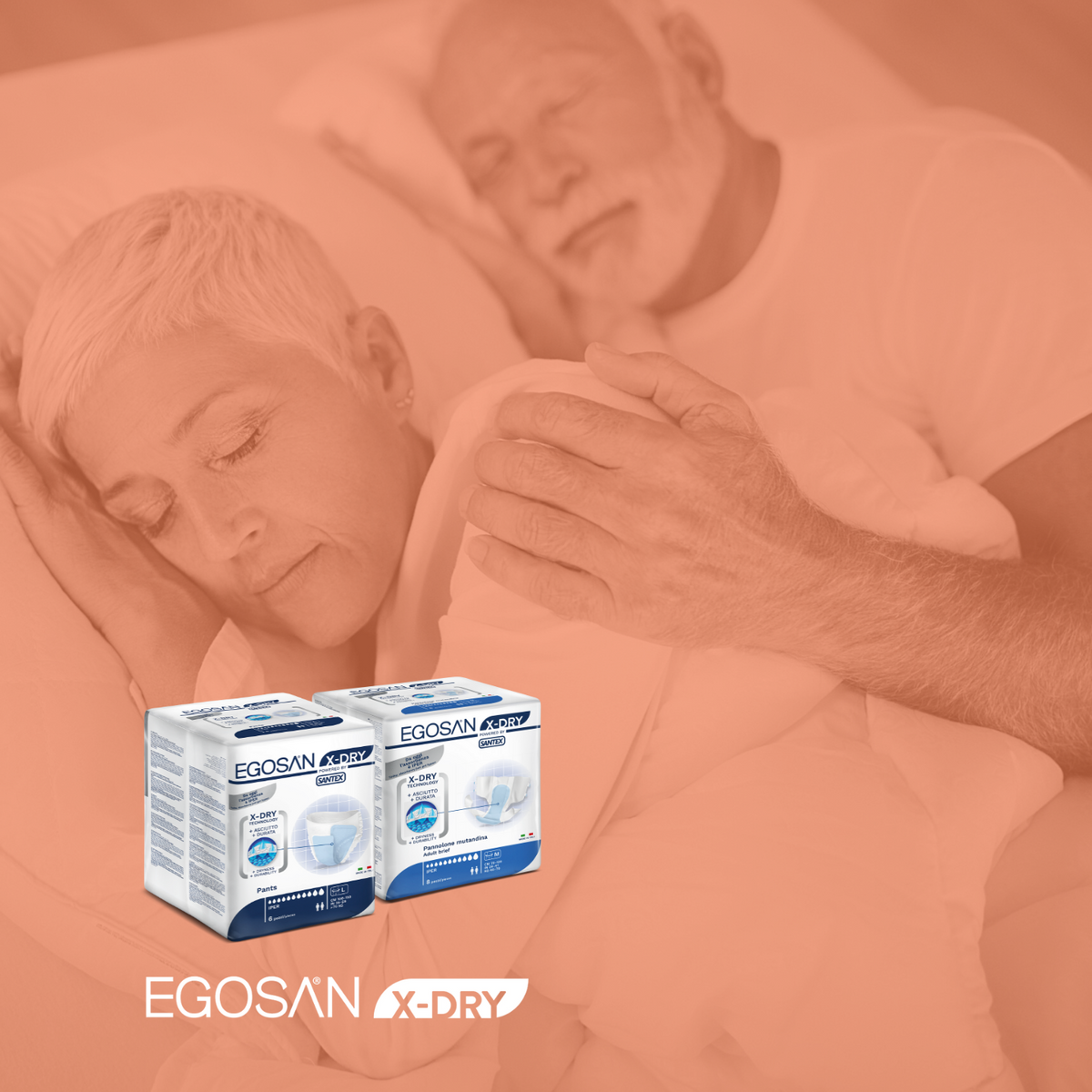When Your Loved One with Alzheimer's Is Incontinent: Handling Care for a Sensitive Need
![]()
Incontinence that occurs in the latter stages of Alzheimer’s is a frustrating and embarrassing problem not only for those with the disease but also for their caregivers. Because of the personal nature of the problem, it is important to handle it with kindness and respect.
As the Alzheimer Association reports, incontinence may occur in people with Alzheimer’s because they are unable to recognize the need to use the bathroom or don’t remember where it is located. There may be an underlying physical cause, such as a urinary tract infection or side effects to medication, which is why it’s a good idea to have your loved one’s doctor evaluate the condition when it first occurs.
While exploring any possible physical causes, the doctor may also advise dietary modifications to help alleviate the condition. Those recommendations may include curtailing use of caffeine and alcohol, which are diuretics that can cause more frequency of urination, and eliminating spicy foods that can irritate the bowel or bladder.
Managing Incontinence
Additional suggestions for managing incontinence include:
- Remove any obstacles such as furniture or unsecured area rugs that may be obstructing your loved one’s path to the bathroom.
- Install grab bars or a powered toilet seat lift to make it easier to use the toilet.
- Suggest clothing that is easier to remove. It may be advisable to avoid belts, buttons, clasps, and zippers.
- Develop a schedule for bathroom visits. A good rule of thumb is every 90 minutes to two hours as well as immediately before going to bed and as soon as waking up in the morning.
- Recommend the use of incontinence pads or underwear. Other incontinence products that may be appropriate are waterproof bed pads and a portable commode placed near the bedside.
- If your loved one has trouble communicating, look for non-verbal cues such as facial expressions and fidgeting which may indicate a need to use the toilet.
If an Accident Occurs
The Alzheimer’s Association advises treating an incontinence accident matter-of-factly without any anger or blame. Have clean clothes, clean sheets, and cleaning supplies readily available to clean up any accident quickly and efficiently.
Behavioral issues associated with latter stages of Alzheimer’s can exacerbate the problem of incontinence. Individuals may become angry, frustrated, or embarrassed at their inability to handle their basic toileting needs. They may even deny they have a problem at all.
The Family Caregiver Alliance recommends that you speak calmly and honestly with your loved one about how their incontinence is affecting your ability to provide care. Emphasize that you are there to help. With your loving guidance, your family member may become more accepting of the situation and cooperate with your efforts to help.
Seek Assistance
If incontinence worsens, reach out to healthcare professionals, support groups, and eldercare experts for their assistance. Coping with a loved one’s incontinence can be a physically and emotionally exhausting experience; it’s important to remember that you don’t have to go it alone.
Make the intelligent incontinence choice. This month only: get 10% off our Egosan Maxi Medium briefs and Super XL pull ups. Use promo code 10EgosanFB.




